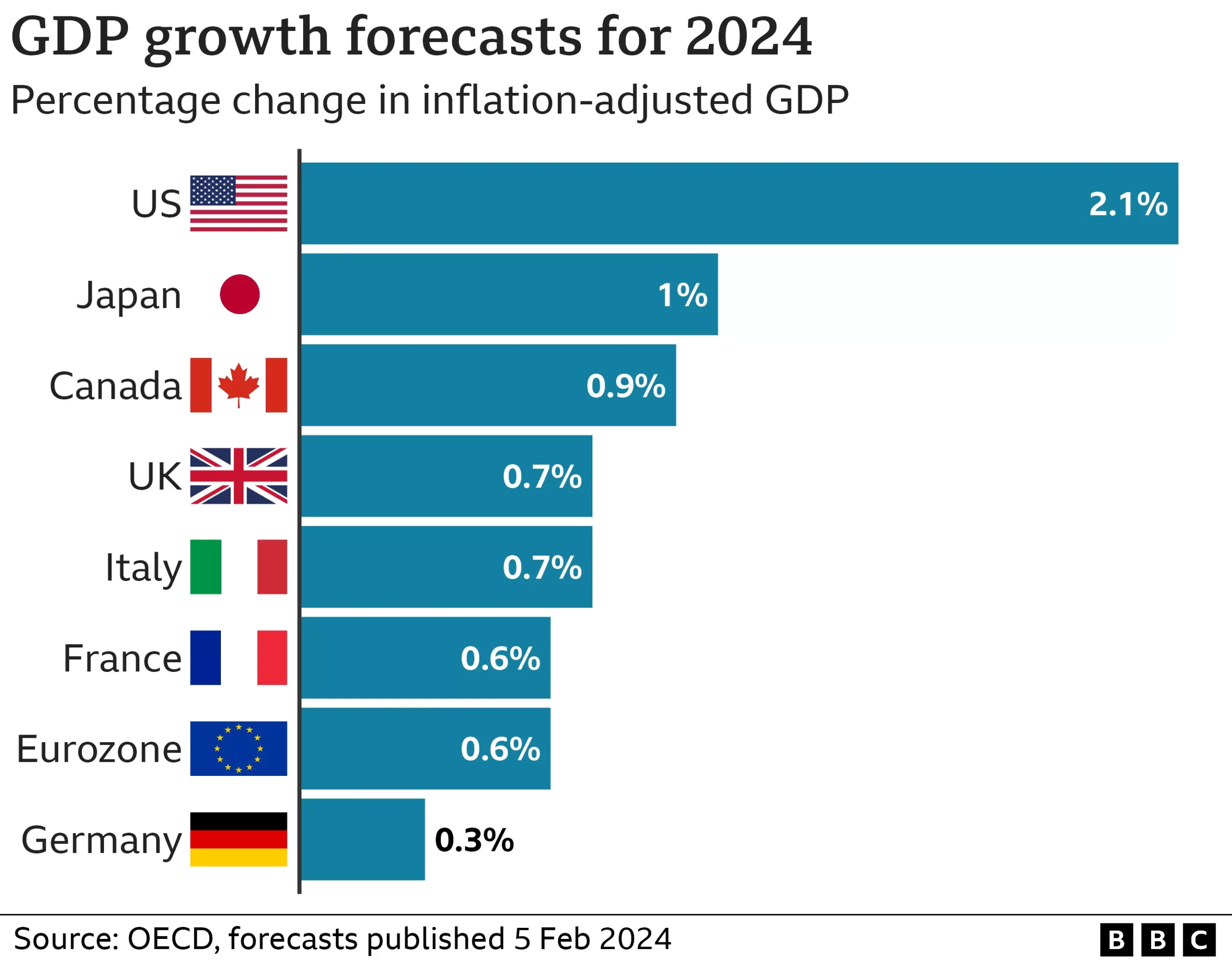
A German state-owned bank has found itself at the centre of a battle in the Democratic Republic of Congo over agricultural land dating back to the Belgian colonial period, AFP learned Monday.
Representatives from nine communities in the DRC last week called on DEG -- a branch of public development bank KfW -- to activate a dispute resolution mechanism over land farmed for palm oil.
They say that palm oil producer PHC, owned by Canada's Feronia, has "illegally stolen" ancestral lands and forests for three plantations and factories, depriving them of "the means to feed and shelter their families," according to a statement by several non-governmental organisations (NGOs).
DEG helped finance PHC's operations in the African country, some of which are on land bought from Anglo-Dutch giant Unilever in 2009 -- including "a portfolio of contested plots with a total surface area of more than 100,000 hectares," the statement said.
The land was part of "a gigantic tract of a million hectares unilaterally granted to British Lord Leverhulme" by Belgian colonial authorities in 1911.
A spokesman for the German bank told AFP "it is to be welcomed" that the plaintiffs have turned to the dispute mechanism it set up with Dutch development bank FMO.
"An international group of independent experts will now rule on whether the request can be heard," he added.
A cross-section of experts on environmental, social, legal and financial questions will offer an opinion within 25 working days.
Feronia's PHC subsidiary employs around 9,000 people in the DRC, but the local plaintiffs say the workers' conditions have worsened since the Canadian firm has been in charge.
Cologne-based DEG finances investments by private companies in developing countries. It plans to issue around 1.7 billion euros ($1.9 billion) in new loans worldwide this year.
Read Full Story























Facebook
Twitter
Pinterest
Instagram
Google+
YouTube
LinkedIn
RSS